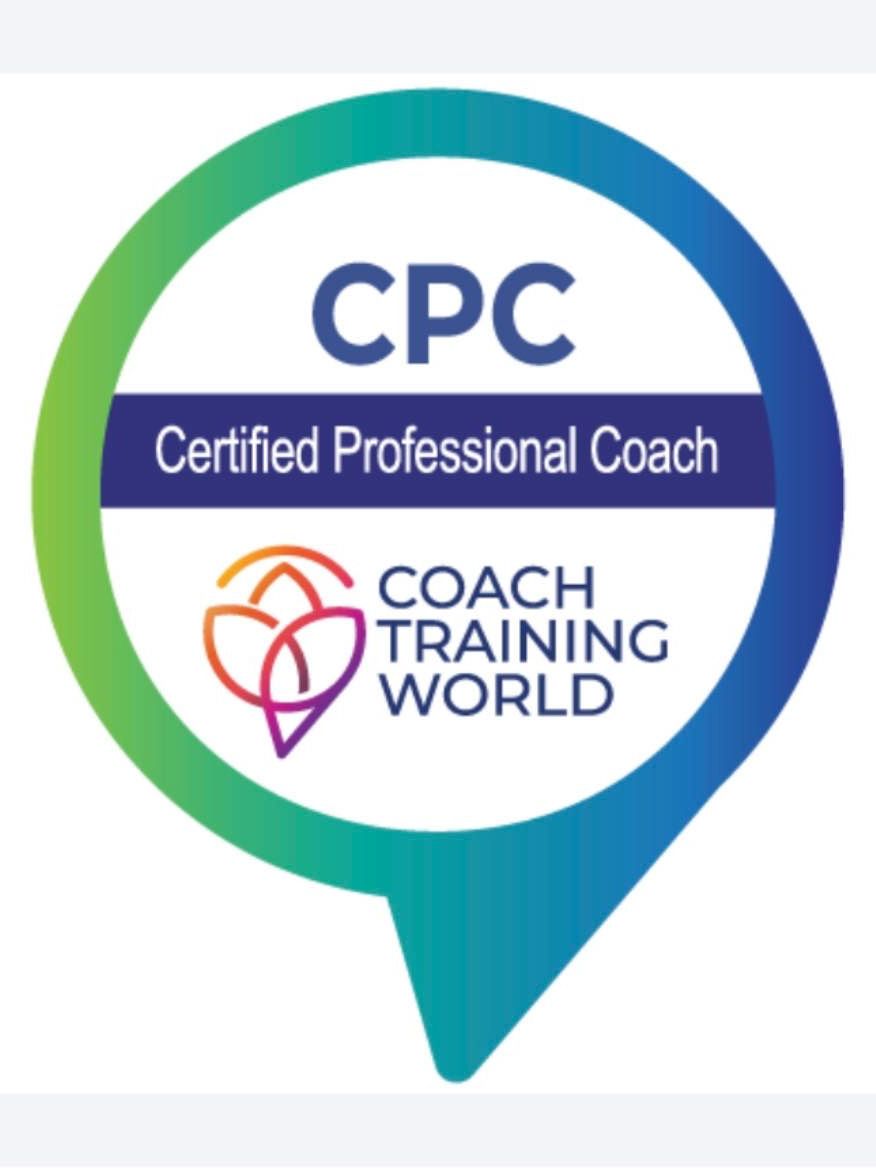Gratitude
Finding Gratitude When Gratitude Feels Out Of Reach
In life, there are seasons when it feels nearly impossible to find anything to be thankful for. Maybe you’ve experienced loss, heartbreak, or the unraveling of a plan you worked so hard to build. In those moments, gratitude can feel like an unattainable luxury—a sentiment reserved for people whose lives feel whole and abundant.
But gratitude isn’t only for the joyful. It’s also for the broken, the grieving, and the uncertain. It’s for those navigating life's darkest chapters, struggling to find meaning when the world feels like it’s been turned upside down.
Here’s the thing about gratitude: it doesn’t demand perfection. It doesn’t require that everything be okay. Instead, it invites you to look for the small flickers of light in the shadows. It asks for awareness, not grandiosity.
Why Gratitude Matters When It Feels Impossible
When life feels overwhelming, practicing gratitude can act as a life raft. Research shows that gratitude can shift our perspective, even in the midst of pain. It reminds us that, though not everything is okay, there are small pockets of okayness we can cling to. Gratitude isn’t about minimizing your pain but about finding moments of reprieve within it.
How to Find Gratitude When You Feel There’s Nothing Left
1. Start Small
If you can’t feel thankful for your situation, start with the basics. Is there a warm cup of tea in your hands? A song that brings a hint of comfort? A person who showed kindness? Gratitude for small, everyday moments can be just as powerful as gratitude for life’s big wins.
2. Be Honest About Your Pain
Gratitude doesn’t mean ignoring your struggles. You’re allowed to say, “This is hard, and I’m hurting, but right now, I’m grateful for this one small thing.” Gratitude can coexist with grief, anger, and frustration.
3. Reflect on Growth
Even in the hardest seasons, there’s often growth happening beneath the surface. It may not feel like it now, but consider what resilience you’re building or what lessons are quietly emerging.
4. Borrow Gratitude
If you can’t find gratitude for yourself, look to others. Let their stories of gratitude inspire you. Sometimes, seeing the good in someone else’s life can remind you of what’s possible.
5.
Find Gratitude in Connection
People often feel isolated during tough times, but moments of connection—whether with a loved one, a stranger, or even nature—can anchor you. Gratitude doesn’t have to be grand. It can be as simple as appreciating a shared smile or a sunset that momentarily lightens your heart.
How Coaching Can Help You Find Gratitude
When you’re lost in pain or overwhelmed, finding gratitude may feel too daunting to tackle on your own. This is where coaching can be a transformative tool. Myself and other Coaches are trained to provide a safe, nonjudgmental space to process your feelings while helping you shift your perspective. We guide you toward uncovering moments of gratitude—not by forcing positivity, but by helping you see what’s already within reach.
Through compassionate dialogue and tailored exercises, a coach can help you:
Reframe your experiences: Instead of dwelling on what’s lost, they’ll encourage you to focus on what remains and what’s possible moving forward.
Set intentional practices: Gratitude isn’t always spontaneous—it can be nurtured. A coach can help you build small, meaningful habits that foster thankfulness over time.
Connect to your values: Often, gratitude emerges when you’re aligned with your core values and purpose. A coach can help you identify and reconnect with these guiding principles.
Recognize your resilience: Gratitude for your own strength can be empowering. A coach can help you see the ways you’ve endured and grown, even through challenges.
By working with me, or another Coach you’re not just finding gratitude—you’re actively rebuilding a foundation for hope, self-awareness, and healing. Gratitude becomes a stepping stone on your journey, helping you move forward, even when progress feels slow.













